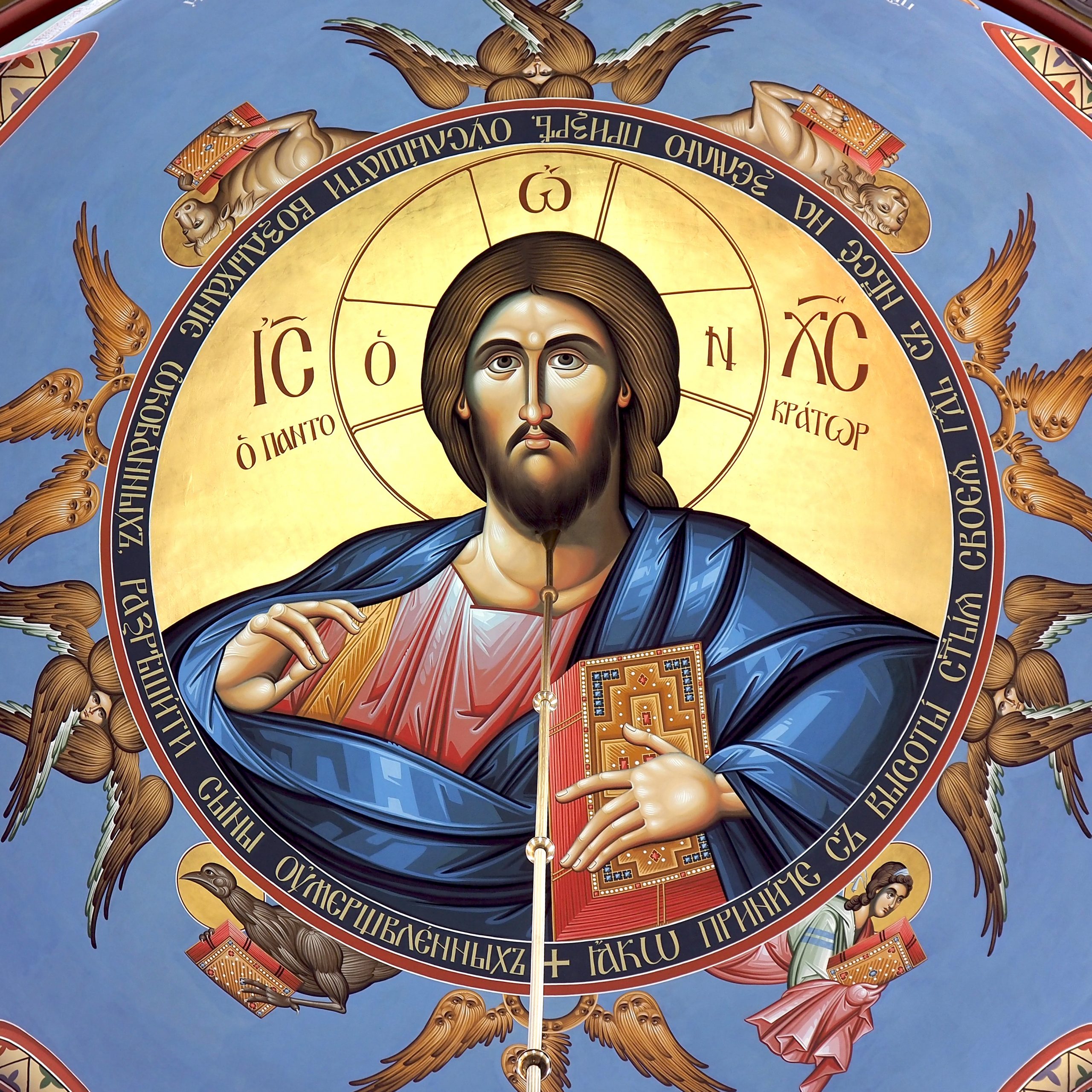He who diligently seeks good seeks favor, but evil come to him who searches for it. Proverbs 11:27
When our son was little one show that he watched was a cartoon called “Caillou.” The main character in the cartoon was a young boy named “Caillou” who was bald and awkward. He had a mother and father and a baby sister, so thankfully, this cartoon presented what appeared to be a stable home life. However, when I watched this cartoon, the mother would consistently annoy me because she seemed to be the consummate pessimist. It seemed that she was always ten steps ahead on what could go wrong. If Caillou would say “I’m going outside to play,” she would respond with something like “Well, I hope you don’t get hurt or killed,” or “Don’t fall off the swing set and die” or “I hope a car doesn’t plow through our fence and kill you.” Now I’m exaggerating a little bit, but it’s like she could never quite say “have a great time.” She always managed to temper her son’s joy with some kind of ominous warning.
We’ve all heard the terms “glass half-empty” and “glass half-full.” These describe how people see a glass that contains 50% liquid and 50% space—some will see that glass as half-full and others as half-empty. Optimists are the ones who see the glass half-full while pessimists see it as half-empty. In the aforementioned cartoon, the mom was certainly a glass half-empty person.
Is God an optimist or a pessimist? Does He see the glass as half-full or half-empty? I believe there is strong evidence that God is an optimist. In I Thessalonians 5:15, the verse that this unit is based on, we read that we are not to repay evil for evil. Rather, we are to seek to do good to one another. So, if a situation is evil, we are not supposed to meet the evil with evil, but instead to meet evil with good. In fact, Saint Paul in I Thessalonians 5:15 tells us that we are to “always seek to do good to one another and to all.” “To all” means exactly that, we are supposed to do good to all, even those who are not good to us. Jesus is emphatic in Luke 6: 27-28, when He says “But I say to you that hear, love your enemies, do go to those who hate you, bless those who curse you, pray for those who abuse you.” In Matthew 18:21-22, we read that Peter asked Jesus “’Lord, how often shall my brother sin against me, and I forgive him? As many as seven times?’ Jesus said to him, ‘I do not say to you seven times, but seventy times seven..’”
The Bible gives dozens upon dozens of examples of God’s patience, mercy and forgiveness. One would have to see some good in someone in order to have that degree of patience, mercy and forgiveness.
Encouragement and optimism go hand in hand. That is because optimism sees the good in people and in situations. Optimists see the good that can come out of a situation. Pessimists are always looking for the bad. That doesn’t mean that optimists don’t occasionally feel pessimistic, or that they don’t get upset or frustrated or sad. Reality is somewhere between optimism and pessimism and it’s important that we are real. However, optimism or pessimism are ways of looking at the world, a mindset that we develop over time. It’s like the difference between the teacher who tells his or her students “You are all starting off with an A, and it’s yours to lose,” verses the teacher who says “You are all starting off with an F and you have to earn your way out of it.” Or saying “I want you to succeed and will give you every opportunity” versus “You are going to fail but I want you to prove me wrong.”
We tend to find what we are looking for. If we are looking for good, we will probably find it. If we are looking for bad, we will probably find it. There are people who consistently look for the bad—a hair out of place, a small wrinkle or blemish, they seize on the smallest thing gone wrong. They hear their children talk joyfully about going out to play with their friends and rather than telling them to have a great time, they give a lecture about all the things that could go wrong. And then those children leave the house, many of them, without confidence, their head filled with doomsday scenarios. That doesn’t mean that the optimist doesn’t tell their children to be careful. That would be irresponsible. But rather than harp on what could go wrong, they think about what could go right, as they encourage their children to have fun and make new friends.
If God is an optimist, and He must be, if He wants so badly to redeem a fallen world, then we as encouragers must be optimists as well. We are to see the good in things, in people, in situations. Optimism is also tied to gratitude. When we are thankful, we are also optimistic, we see the good in what we have, rather than frustration over what we do not have. God wants us to get to heaven, He wants us to be successful.
There is a beautiful line in an Orthodox Prayer from the Sacrament of Holy Unction which reads “You did not create man for destruction, but for the keeping Your commandments, and to inherit life incorruptible.” (Seventh Prayer of Holy Unction, Trans. by Fr. George Papadeas) God did not create us to be destructive, or negative. He did not create us to look at one another destructively or negatively. He created us in order that we might inherit eternal life. His message is one of encouragement. Our messages to one another should be encouraging as well.
God is an optimist. Encouragers are optimists as well. Work at learning to see the good in people. That doesn’t mean there won’t be bad or that we should correct the bad. It’s developing a mindset to see the good in people and to give people the benefit of the doubt, rather than starting out with the doubt.
Lord, when You look at my life, please see the good in me. Forgive my shortcomings. Help me to learn from my mistakes. Help me to have a positive outlook on life and on people. Help me to see the good in others and for others to see the good in me. Help me to be an optimist and an encourager, to see the possibilities for joy and for success in others and in situations I will encounter today. Amen.
See the good in people and situations today, and when you see it, encourage it!
These readings are under copyright and are used by permission. All rights reserved. These works may not be further reproduced, in print or on other websites or in any other form, without the prior written authorization of the copyright holder: Reading © Holy Transfiguration Monastery – Brookline, MA, Apolytikion of Abbot Marcellus © Narthex Press, Kontakion of Abbot Marcellus © Holy Transfiguration Monastery – Brookline, MA.
The Revised Standard Version of the Bible is copyrighted 1946, 1952, 1971, and 1973 by the Division of Christian Education of the National Council of the Churches of Christ in the U.S.A. and used by permission. From the Online Chapel of the Greek Orthodox Archdiocese of America.




